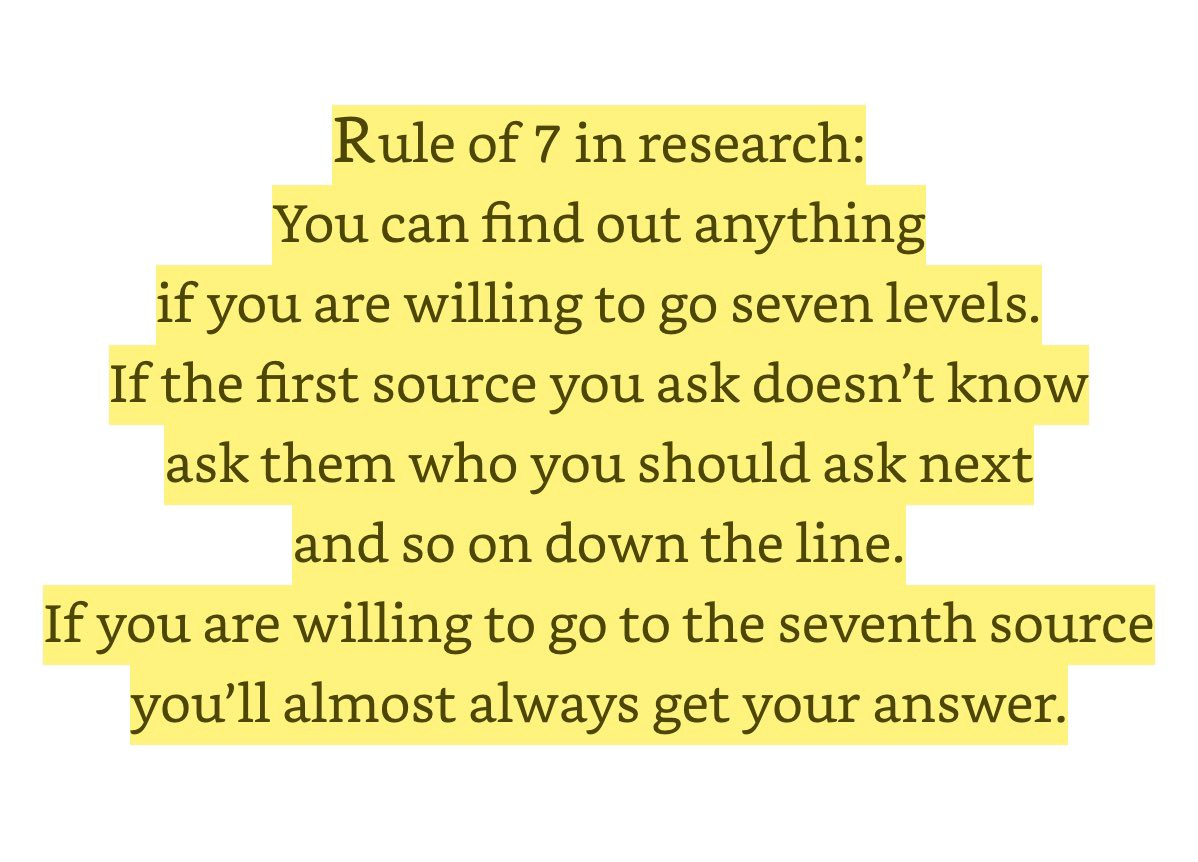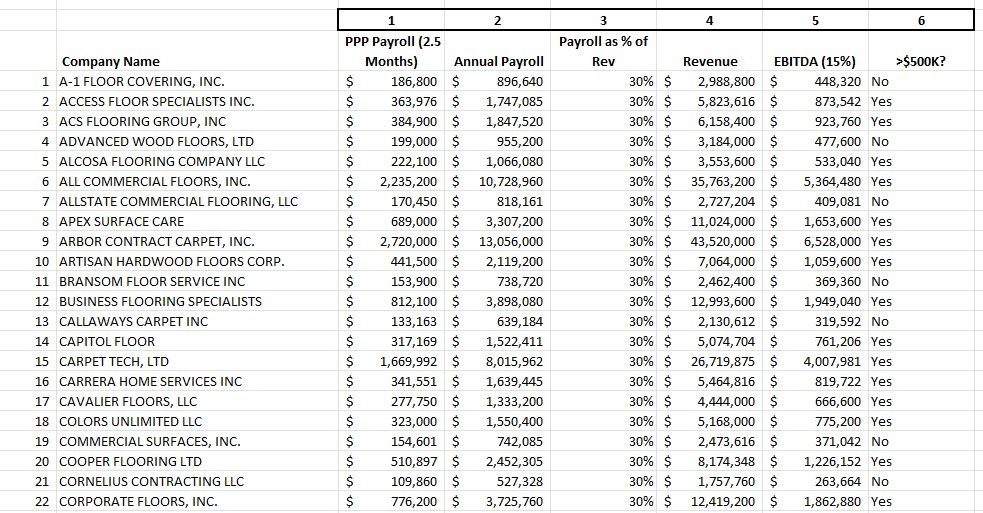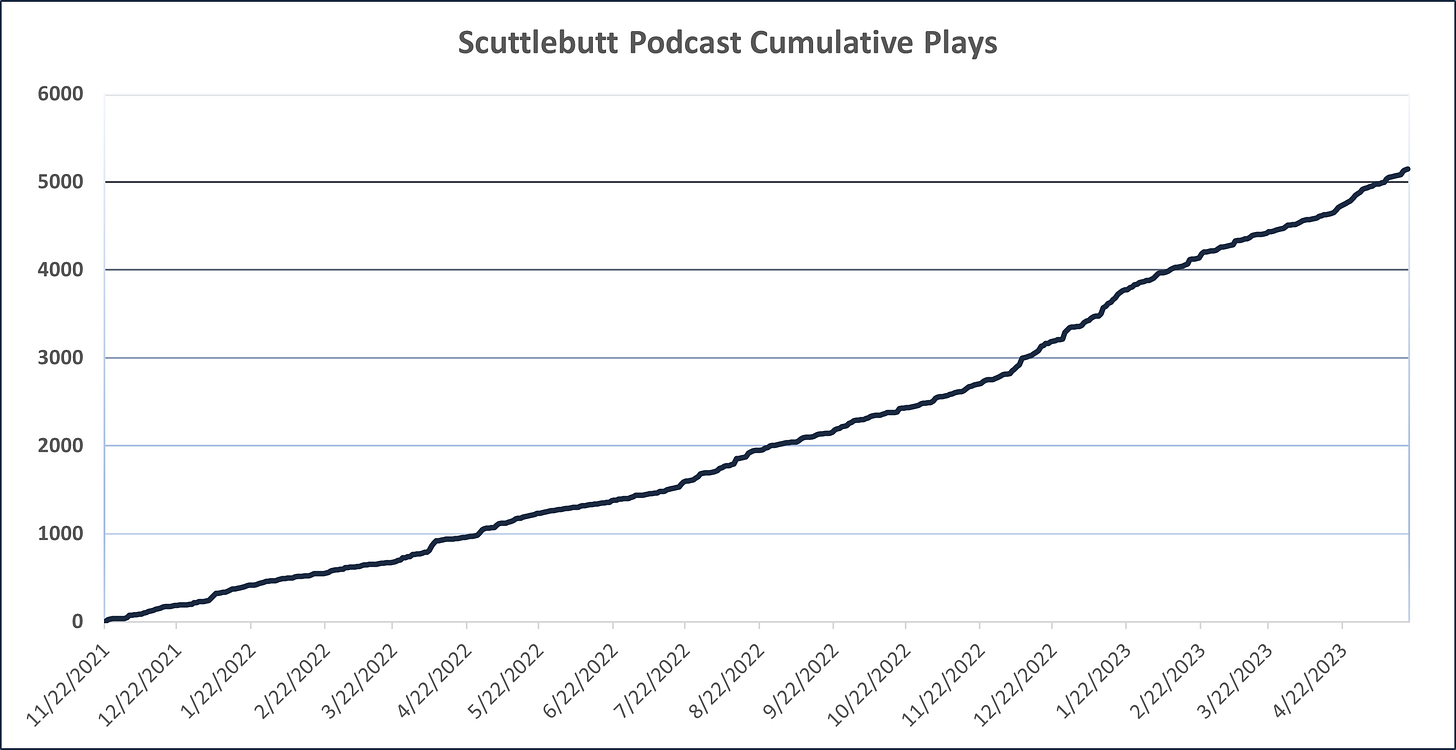Kevin Kelly, Rapid Iterations, and Time Arbitrage
Hey there and good morning. This post is a bit long with a lot of photos so the full view may be truncated by Google. Can read the whole post on the website if you can’t see it all.
Every once in a while I see something that reminds of me what I’m working towards. This quote from Naval Ravikant hit the spot this week:
“Retirement is when you stop sacrificing today for some imaginary tomorrow. When today is complete, in and of itself, you’re retired.”
The topic of retirement is one I frequent given its prominent foothold in the life of a service member - the ever elusive 20 year retirement. While there’s no problem with pursuing it, it largely represents a larger underlying problem of not pursuing what you love and working for X amount of years in order to start doing what you love.
We don’t do that here. Find what you love and get busy working towards.
This week on the show I hosted Mike Jones. Mike started one of the first crossfit brands in Minneapolis and used the learnings from growing that crossfit gym to start his own boutique fitness company. We talk the economics of gym, targeted networking, and EOS implementation.
4 Recommendations
Patrick O’Shaughnessy always has great recommendations. I didn’t know this, but Kevin Kelly has a new book out. Kelly popularized the idea of ‘1000 True Fans’ which is the idea that you could make a living by doing something for 1000 people and charging them $10 a month. Here are a few quotes from his new book Patrick shared.
This link will take you to Twitter where someone shared a video creating unbelievably realistic environment using the artificial intelligence engine Stable Diffusion. Easy to see how things like this will speed up design in virtually all facets.
I talk with many people who are actively searching for a business to acquire. If you’ve gone through that process, you’ll know its exceedingly difficult to find one that meets your criteria in addition to the willingness to sell.
PPP loan data is publicly available and using that information, you can back into some rough numbers for the business which can help target search. Link is to a Twitter thread that explains more.
I’ve been following a gentleman named Mitchell Baldridge on Twitter for some time. He worked in corporate tax before starting his own firm which has exploded in growth due to interest on Twitter in his expertise in accelerated depreciation and real estate cost segregation. I had the chance to meet him at the Berkshire Hathaway meeting and he’s good people. If any of the following circumstances in the image below apply to you (accelerated depreciation vs straight line, loss carry forwards, foreign subsidiaries) OR would be interested in doing a cost segregation study (looks at real estate as a separate entity than the business), I’d love to make an introduction for you.
Iterate in Small Ways
This week I was relistened to my episode with Ben Kohlman. The first 20 minutes of our discussion revolves around the business of the military and why it’s not a setting that promotes innovation.
He said in business you need to take continued small actions that hit resistance. What this does is exposes pain points and shows you why your proposed solution to a problem does or doesn’t solve it. If the problem is solved, you have product market fit. If not, you need to continue trying new variations.
The example he gave was the littoral combat ships of today’s Navy. This article from Politico outlines some of the problems they face, but essentially there wasn’t a clear purpose for them, it was rushed, and largely a waste of time and money.
The business perspective here - rather than validate that the LCS actually solves the problem well for the Navy, huge sums of money were committed to start building a fleet of them. Its as if there was only one possible answer to the targeted area defense problem and so the Navy went all in on what they thought was the answer.
That’s a great way to get wiped out in just about every other context.
If you’re looking to solve a problem or evolving a current solution, small, rapid iterations that are cost effective gives you clarity on the problem and hedges against ignorance of not fully understanding the problem.
A few of the ways I’ve been trying to iterate with the podcast -
Show formats: starting points for discussion, and topics that lead to organic stimulating conversation. With a weekly show its easy to try new things
Advertising: looking for traction by posting and advertising in different locations. I’ve tried digital advertising by sponsoring another newsletter, physical with 1500 doorhangers put up on houses in my neighborhood, social media
Supporting content: Writing this newsletter, finding topics that people respond and engage with
Find small, quick, and cheap ways to try new things in your life and business. Try a new wake up routine. Spend your ad dollars on a new medium for a month. Worst case scenario you learn something.
Here’s my episode with Ben - first 25 minutes discuss this topic.
Time Arbitrage
Sometime this last week I crossed over 5,000 downloads for the podcast. I mentally celebrated a little victory, but quickly questioned why it didn’t feel like anything worth celebrating.
This is the primary graph of what I see when I login to my podcast app. How defeating is this? Looking at daily plays reinforces short term thinking and makes you think “If I could just have one good episode, maybe it would look like this”.
Wrong way to think about it.
For content in particular, you’re playing a game of consistency, not hits. Through content your building relationships with your following and those you interact with. Those relationships aren’t measured in short term spikes - they’re long term commitments.
So if you’re building something with a 5, 10, or 100 year vision, why do short term results matter? I suppose they do and don’t. Ideally you’d use short term feedback from customers for signals as to where you’re headed in the right direction or not, but even those can be wrong. Sometimes I wonder if there’s reward down any path if you stick with it long enough.
The important piece is to connect your goals with time and finding a relevant metric that actually compensates for that. If you’re wanting to make $100 this weekend, you don’t want to be thinking about business hierarchy and org structure - you just need to think about how to make a buck. And if you’re building a 100 year business, setting the proper groundwork for something enduring probably makes sense.
My takeaway was a reminder to myself that I’m looking to build something enduring and therefore what happens today or tomorrow is largely unimportant. What is important is to keep going.
Put the magnifying glass away and get the binoculars out.
The longer out you’re willing the look, the more time is on your side.
Be impatient with actions, but patient with results this week. Keep attacking.
B
If you’re still reading and want to do me a favor, share this with someone.
You can also check out the Youtube channel - I’ve been working through getting the backlog onto Youtube. This week, my episode with Colin Price went up. Colin is the current executive officer of CVN 69, but this conversation took place just a few months before he took that position. We talked about what he was thinking through and his approach to being the Big XO for the first time.











